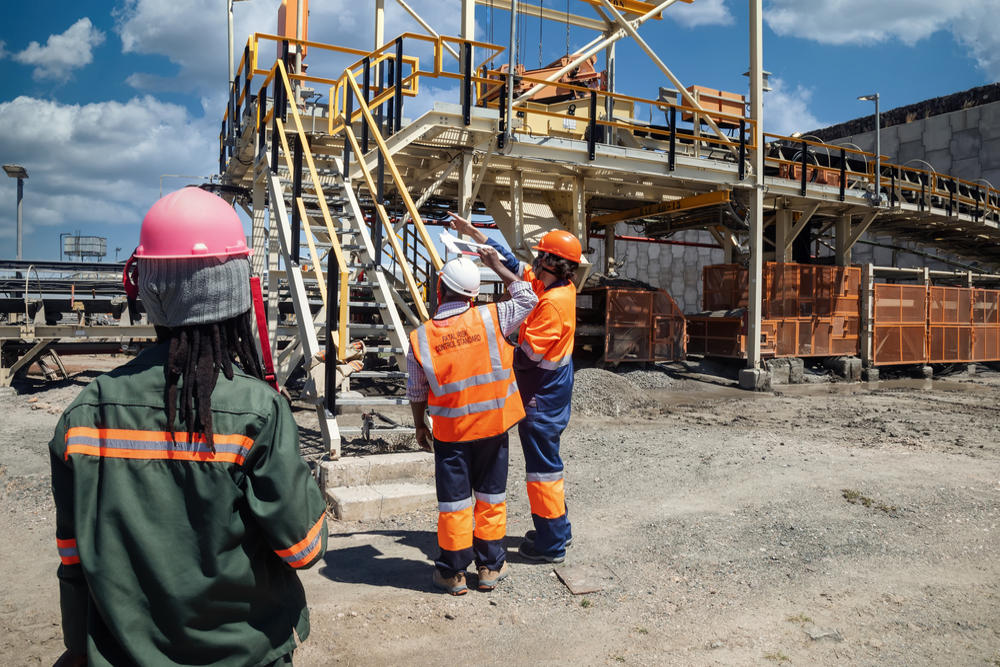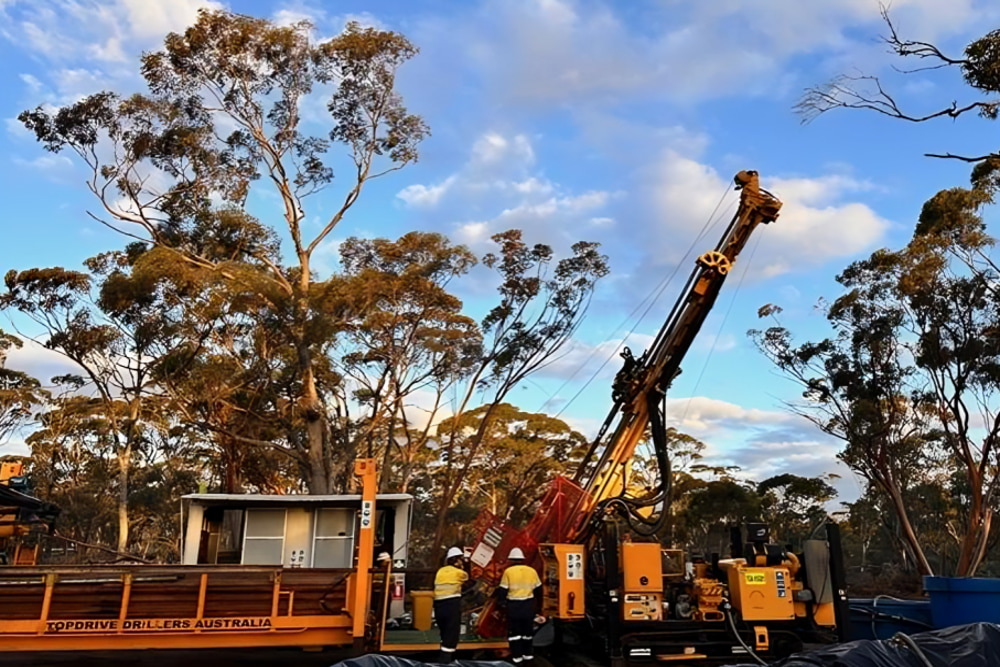
New findings — from the MARS Program Landmark Study — share insight that while reports of unwanted sexual attention and sexual coercion are decreasing in Western Australia’s mining sector, gender-based put-downs, condescension, and offensive sexist remarks remain prevalent.
MARS Program Landmark Study Chief Investigator and John Curtin Distinguished Professor Sharon Parker said: “Our research found one in three mining workers experiences emotional exhaustion regularly, indicating high levels of burnout. Disturbingly, covert forms of sexual harassment, including sexism and misogyny, persist.”
The study, conducted by researchers from the Centre for Transformative Work at Curtin University, surveyed over 2,500 workers and conducted in-depth interviews with 60 individuals.
It focused on creating mentally healthy workplaces, building a culture of safety and respect, and preparing for workplace safety in future mining.
Lead author Dr Cheryl Yam emphasised the need for a collective commitment to achieve meaningful and lasting change in building a respectful workplace culture.
“The mining industry is a leader in physical safety. With the support and resources from the MARS Program, we are confident that the mining industry is well positioned to also be a leader in mental health and wellbeing,” said Yam.
Key findings from the study include high levels of physical safety behaviours among mining workers, but continued underreporting of safety incidents.
Additionally, 41 per cent of workers reported job satisfaction, while 30 per cent reported high levels of psychological distress.
The study also found disparities in safety perceptions between male and female fly-in, fly-out (FIFO) workers, with 73 per cent of male FIFO workers feeling physically safe in their accommodation compared to 53 per cent of female FIFO workers.
The Mental Awareness, Respect and Safety (MARS) Program Landmark Study: Insights from the Worker Survey and Interviews report is now available online.












